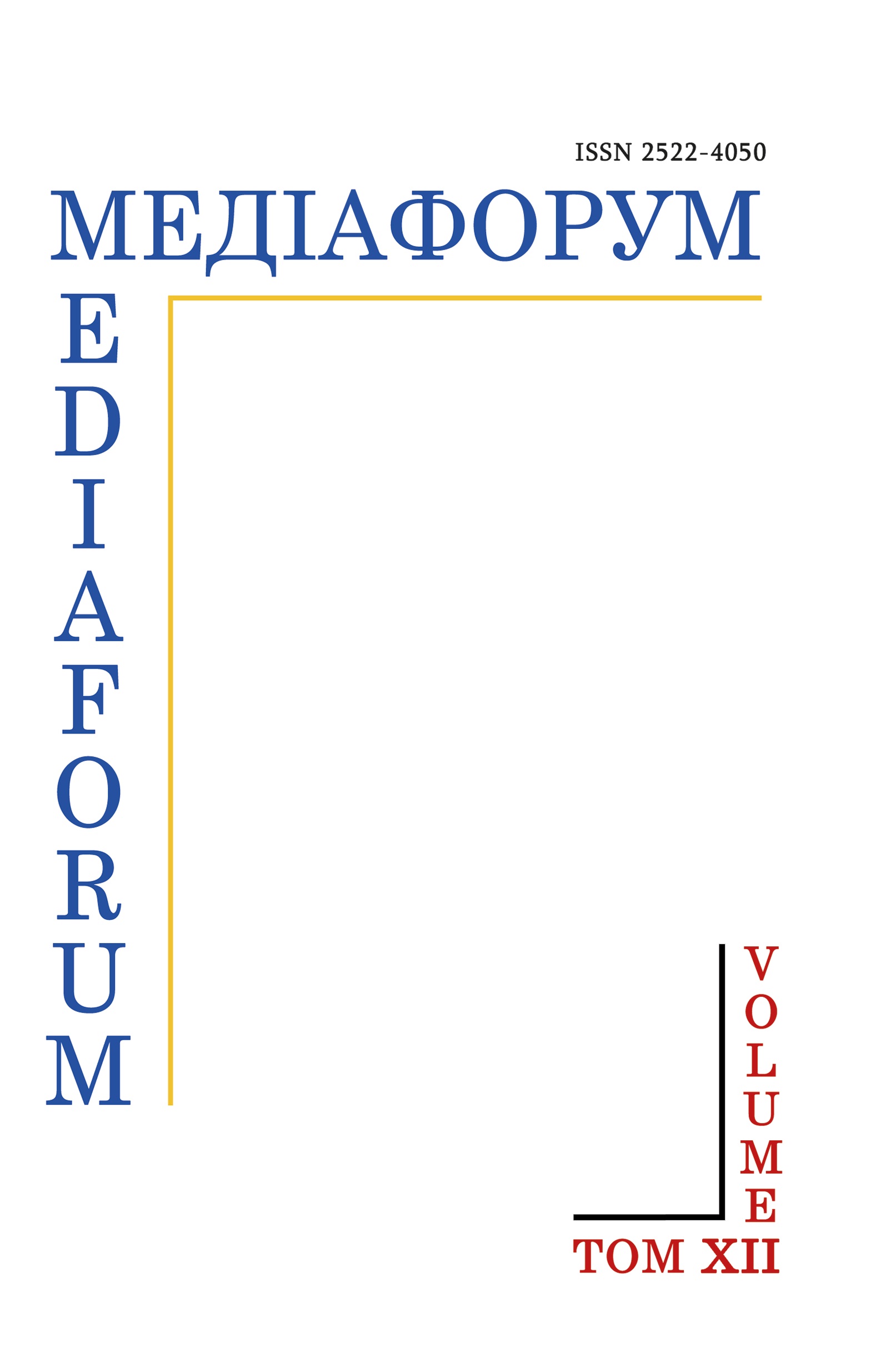The Nicaraguan Conflict as a Factor in the Cold War Confrontation
DOI:
https://doi.org/10.31861/mediaforum.2023.12.145-153Keywords:
Nicaragua, United States of America, Latin America, Cold War, USSRAbstract
This article is devoted to the analysis of the Nicaraguan conflict as an element of the Cold War and its impact on the international political situation.
The author conducts a detailed review of the latest research on this problem, both in domestic and international scientific literature, focusing on the causes of the conflict, the role of international actors, socio-economic consequences and the global impact on the Cold War.
The study found that the Nicaraguan conflict was caused by political, economic and social factors such as the authoritarianism of the Sandinista regime, social inequalities and external interference. The role of international actors in the conflict turned out to be crucial, in particular due to their support for different sides of the conflict and the competition for influence in the region. The conflict was accompanied by serious socio-economic consequences,
such as economic decline, destruction of infrastructure and exacerbation of political contradictions. Its global impact was to change the dynamics of the Cold War and the tensions between the superpowers.
The findings of the study emphasize the importance of understanding the consequences and influence of the Nicaraguan conflict on the Cold War and the international political situation. This makes it possible to develop effective approaches to the settlement of similar conflicts in the future and contribute to the achievement of stability and peace in the region. Understanding these consequences can serve as a basis for further political negotiations and peace-making measures aimed at reducing the socio-economic consequences of the conflict and strengthening international stability.
Downloads
References
Brody, Reed. 1985. Contra Terror in Nicaragua: Report of a Fact-Finding Mission, September 1984-January 1985. Boston: South End Press.
LeoGrande, William. 2000. Our Own Backyard. North Carolina: University of North Carolina Press.
Pezzullo, Lawrence. 1979. Confidential Cable to the U.S. State Department. National Security Archive Nicaragua collection. https://nsarchive.gwu.edu/
Taubman, Philip. 1984. “In From the Cold and Hot for Truth”. New York Times.
Vanderlaan, Mary. 1986. Revolution and Foreign Policy in Nicaragua, Boulder: Westview Press.
Walker, Thomas. 1991. Revolution and Counterrevolution in Nicaragua, Boulder: Westview Press.














